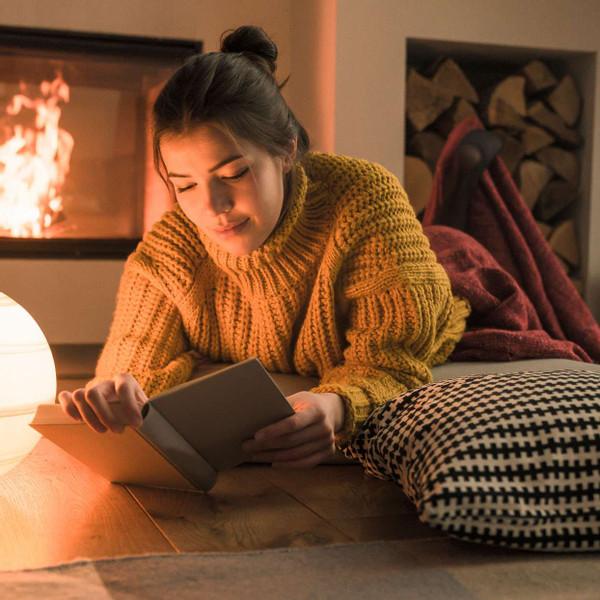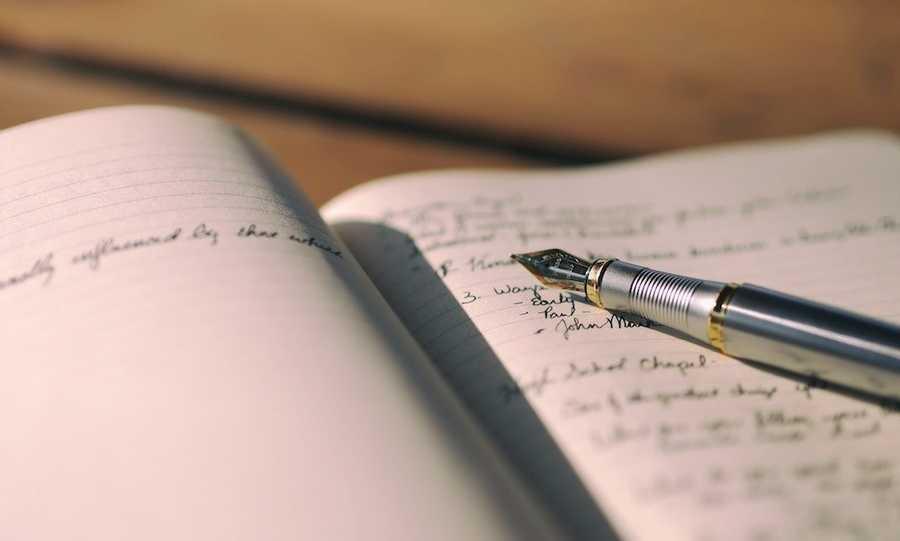The Evening Routines of Tim Ferriss, Bill Gates, and Arianna Huffington
Curated from: blog.rescuetime.com
Ideas, facts & insights covering these topics:
12 ideas
·20.5K reads
75
Explore the World's Best Ideas
Join today and uncover 100+ curated journeys from 50+ topics. Unlock access to our mobile app with extensive features.
Benefits of an evening routine
Haphazard evening routines can have serious effects on our sleep.
The right evening routine helps us wind down, relax, and get into a deep, restorative sleep—making us refreshed and ready for tomorrow.
413
2.57K reads
The science of sleep
When we close our eyes for the night, our mind cycles through different stages of sleep:
- Light sleep: Which is most similar to being awake
- REM (or Rapid-Eye-Movement): Where our minds are asleep but active and where dreams are most likely to happen
- Deep sleep: Where our mind is in “regeneration” mode
So many things can get in the way of us reaching deep sleep, from stress and burnout to late-night screen usage, eating late, and physical issues. To make sure we reach our deep, restorative sleep, we need a proper evening routine.
434
1.89K reads
Create a “closing ritual”
For most of us it is the mind, rather than the body, that disrupts restorative sleep.
To cleanse our mind of the leftover responsibilities of the day, we need to bring a mental wind down into our evening routine.
420
1.92K reads
Prep for tomorrow’s goals
Your evening routine doesn’t simply need to be about relaxation. The reason those thoughts keep our brains active long into the night is usually because we feel some aspect of our life is out of our control.
Spend time in the evening to write down your 3 MITs (Most Important Things) for tomorrow. Add other preparations to your evening routine such as checking the weather and picking out your clothes for the day, packing your lunch, and tidying up a bit so you wake up to a clean house.
600
1.79K reads
Reflect on the day
Your evening routine is a fantastic place to reflect on what you did today.
Writing down a list of positive events at the close of a day—and why those events made us happy—lowers stress levels and gives us a greater sense of calm at night.
511
1.7K reads
Ditch the screens
Instead, pick up a book. Reading for as little as six minutes a day can reduce stress levels by up to 68%.
If you do want to watch a movie at night, try to work it into your schedule earlier in the evening. The goal should be to leave at least an hour or two before bed where you’re screen-free.
515
1.66K reads
Stick to a regular bedtime
Going to sleep at a consistent time is an important part of our “sleep hygiene”—the practices that insure we get regular, deep sleep.
Commit to a daily bedtime and waking time and try not to waver too far from them (even on the weekends).
444
1.53K reads
Be creative
A study from Albion College revealed that tasks requiring creative insight were consistently better during their non-optimal times of the day.
If you can’t sleep, you can at least use the time productively.
438
1.98K reads
Go for a walk
Exercise during the day can help us get more quality sleep but it can also be a great part of our evening routine.
Buffer CEO, Joel Gascoigne likes to unwind with a brisk walk right before bed. He uses his walks to turn off his thoughts about work and slowly transition into a “state of tiredness.”
406
1.34K reads
Ditch the alcohol
The National Institute of Health found that alcohol robs you of quality sleep. When you drink or eat late-night snacks, it keeps you in the lighter stages of sleep and prevents you from falling into deeper, more restorative sleep.
In most cases, you want at least a few hours between your last drink and your bedtime.
350
1.17K reads
Change your sleep environment
If you can’t sleep, it might be your room’s fault.
Excess noise and light can keep us awake. Temperature also plays a big role. According to the National Sleep Foundation, the ideal temperature for shut-eye is around 65 degrees.
357
1.27K reads
Get out of bed
When you lie in bed thinking for long periods of time, you teach your brain to automatically go into “thinking” mode rather than “sleeping” mode when you lie down.
To break this connection, don’t try to fall asleep in bed for longer than 10–20 minutes. If you pass this threshold, get up, go into another room, and do something relaxing like reading or meditating until you feel sleepy again. Repeat this process as many times as necessary.
510
1.72K reads
IDEAS CURATED BY
Milo 's ideas are part of this journey:
Learn more about health with this collection
How to network effectively
How to read body language
How to find common ground with others
Related collections
Similar ideas
4 ideas
2 ideas
How to Build a Better Bedtime Routine for Adults | Sleep Foundation
sleepfoundation.org
8 ideas
Read & Learn
20x Faster
without
deepstash
with
deepstash
with
deepstash
Personalized microlearning
—
100+ Learning Journeys
—
Access to 200,000+ ideas
—
Access to the mobile app
—
Unlimited idea saving
—
—
Unlimited history
—
—
Unlimited listening to ideas
—
—
Downloading & offline access
—
—
Supercharge your mind with one idea per day
Enter your email and spend 1 minute every day to learn something new.
I agree to receive email updates



